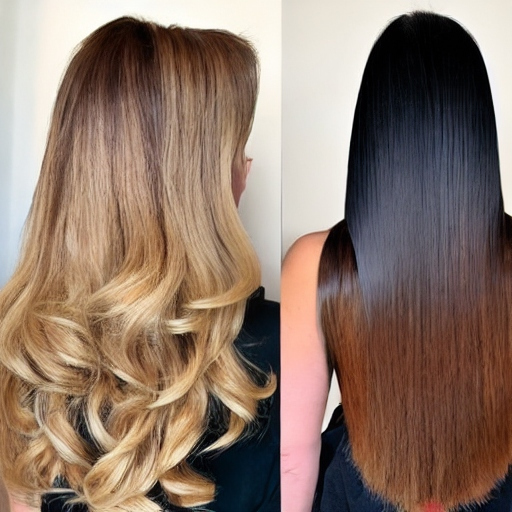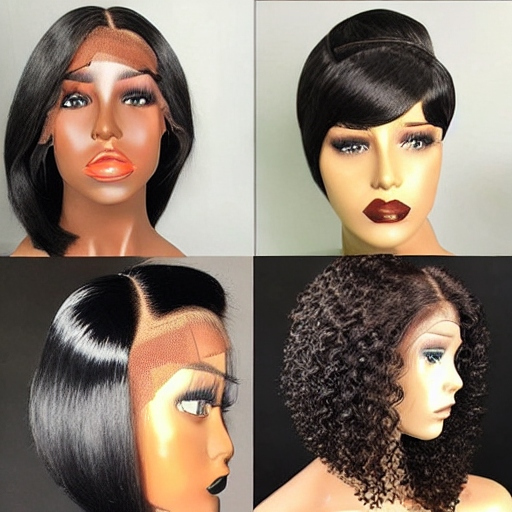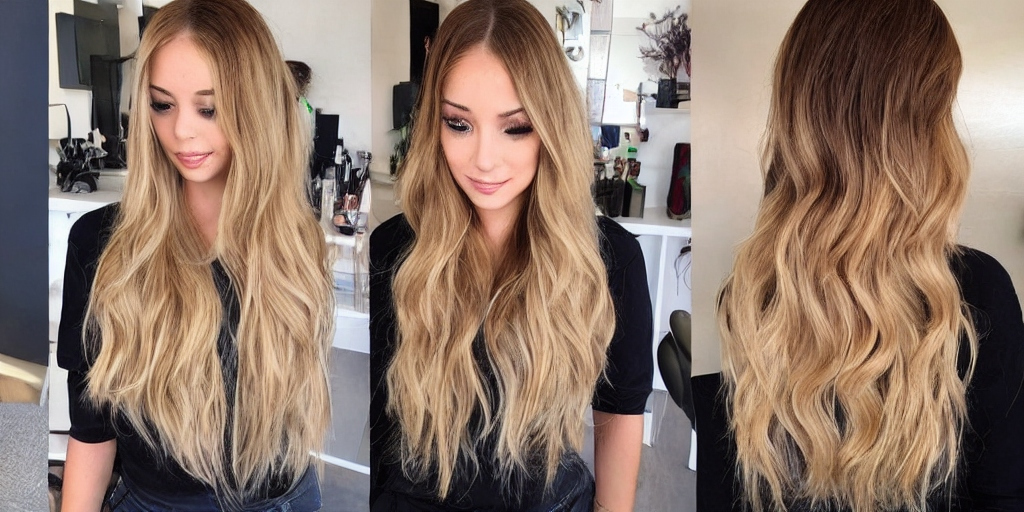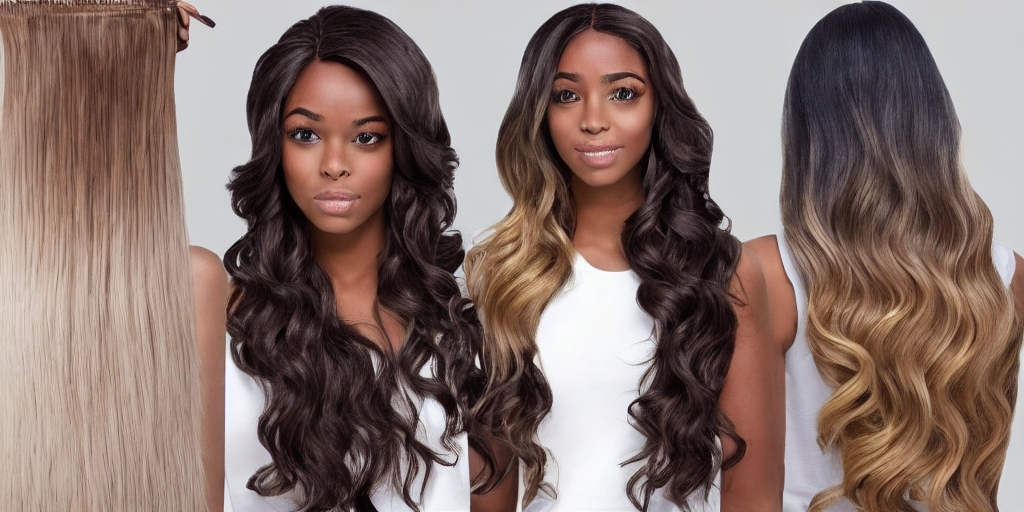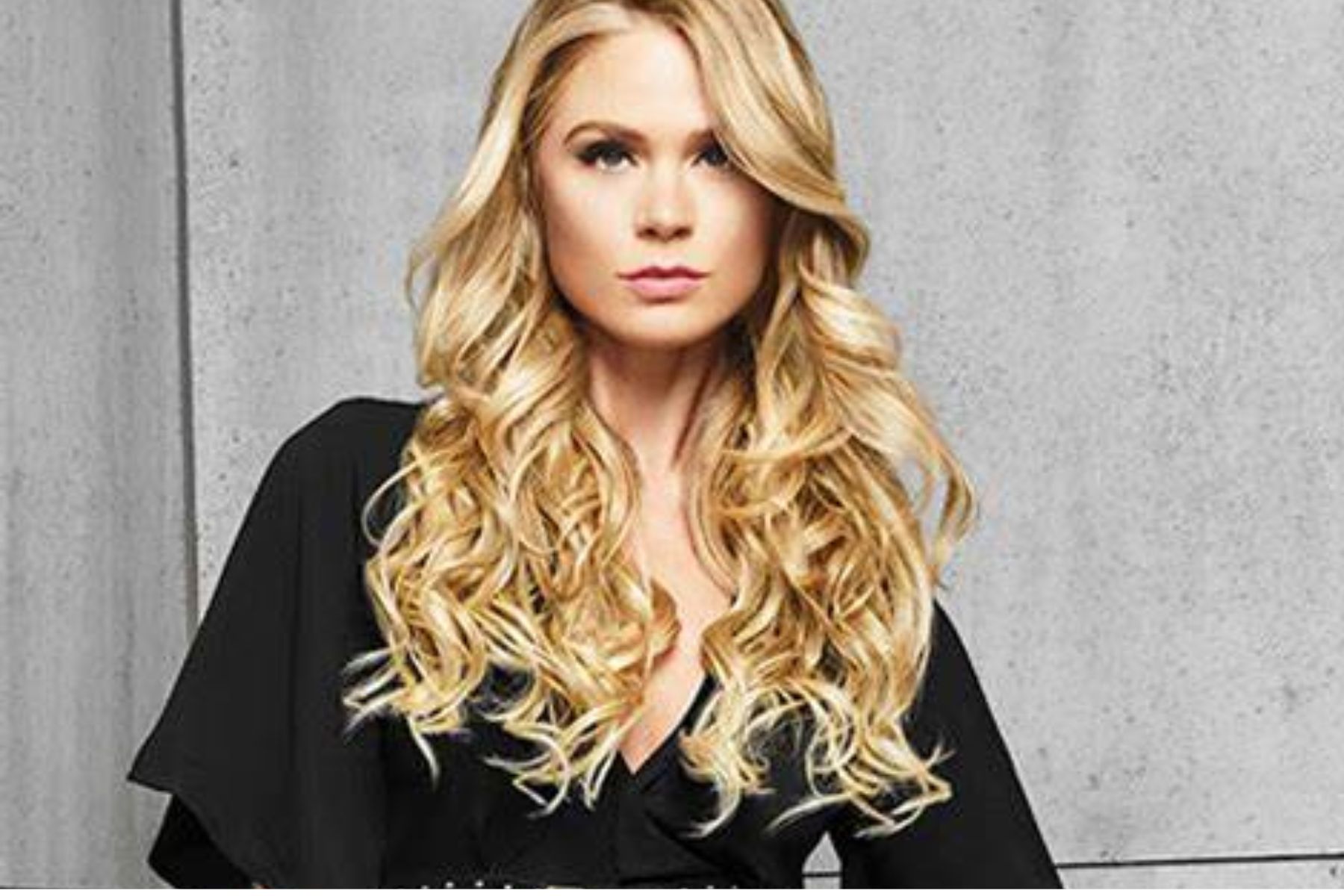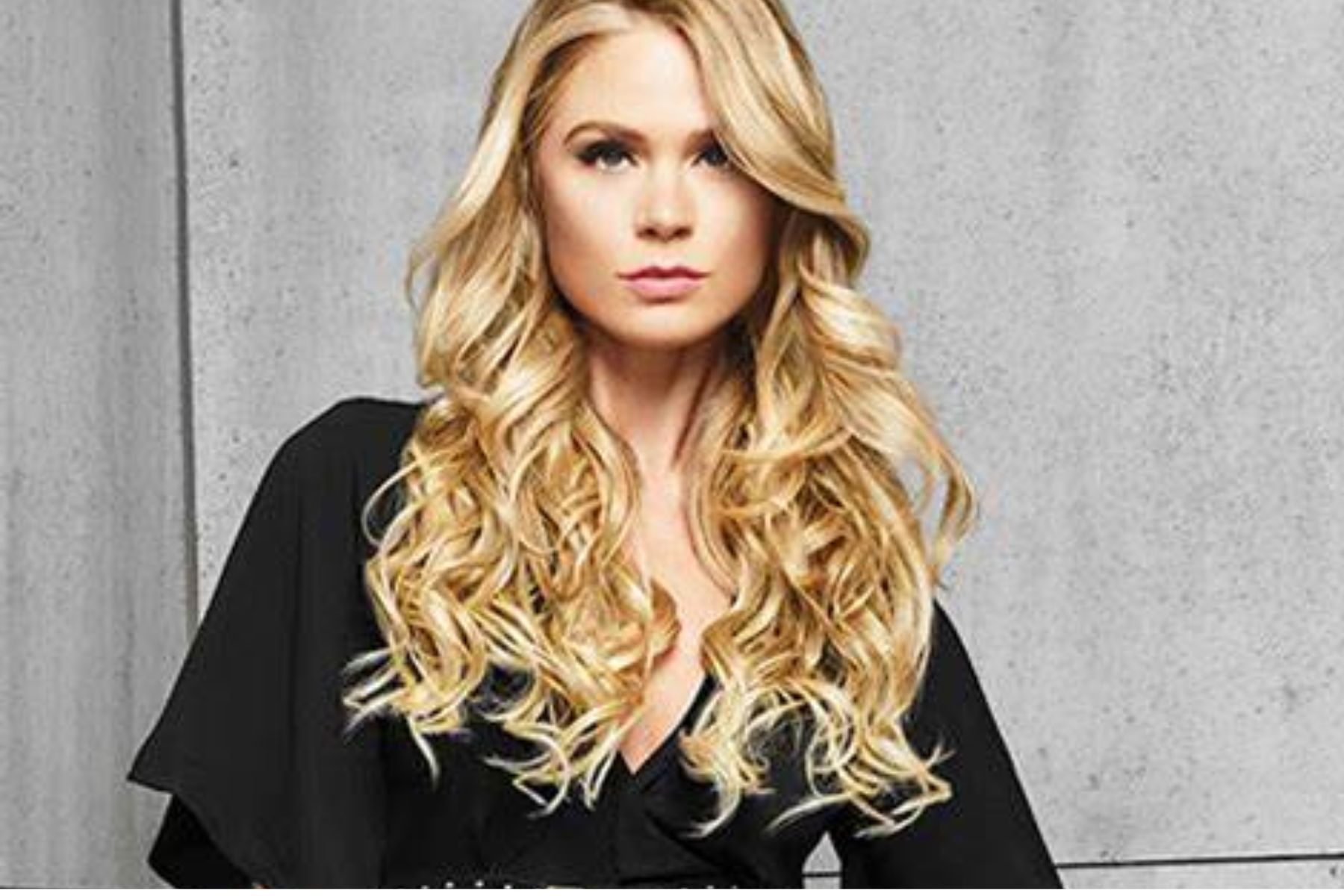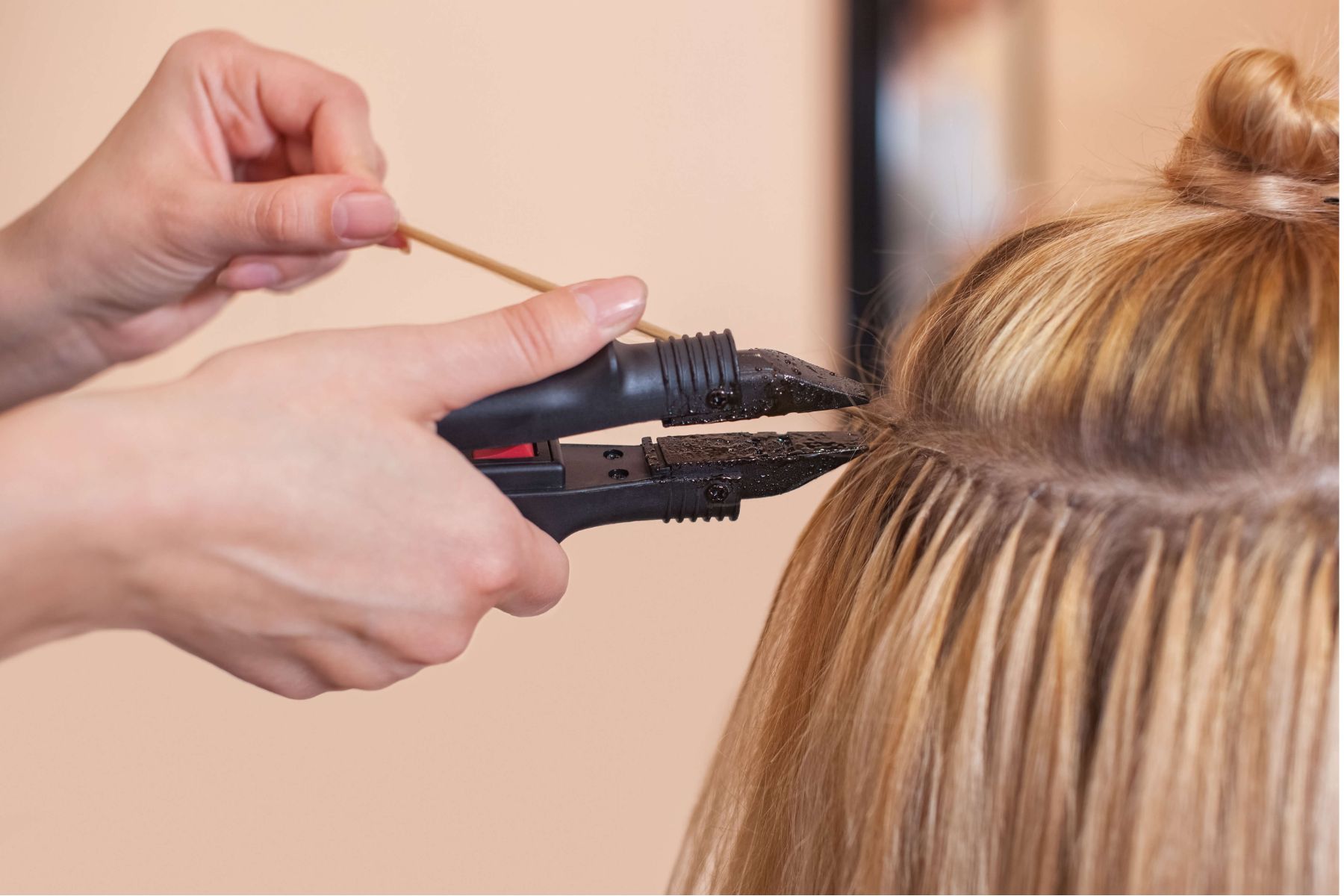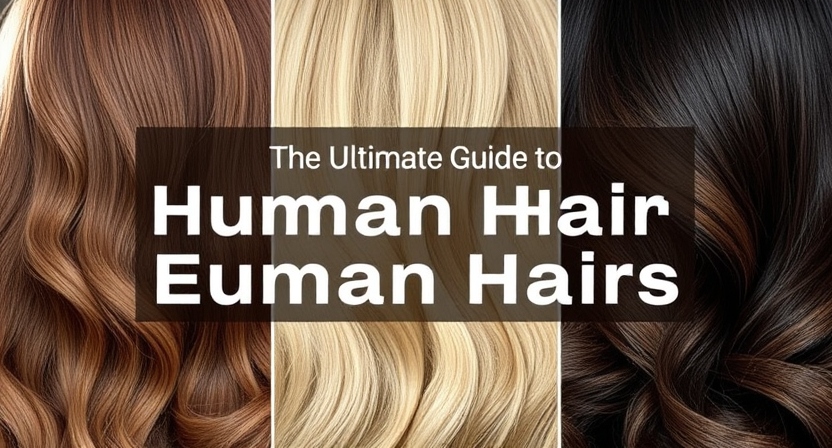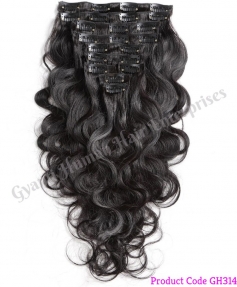The human hair industry, once a niche market, has blossomed into a global phenomenon. As the demand for high-quality human hair products continues to soar, it's imperative for suppliers and wholesalers to navigate the complex legal and regulatory landscape. This comprehensive guide will delve into the key legal and regulatory considerations that shape the human hair industry.
Understanding the Global Supply Chain
The human hair industry involves a complex supply chain, often spanning multiple countries. Key players in this chain include:
- Hair Donors: Individuals who voluntarily donate their hair.
- Collectors: Entities that collect hair from donors.
- Processors: Companies that clean, sort, and process the hair.
- Manufacturers: Businesses that create hair extensions, wigs, and other hair products.
- Wholesalers: Distributors who sell products to retailers.
- Retailers: Businesses that sell products directly to consumers.
Legal and Regulatory Challenges
The global nature of the human hair industry presents a myriad of legal and regulatory challenges, including:
-
Ethical Sourcing and Labor Practices:
- Ethical Sourcing: Ensuring that hair is sourced ethically and responsibly, without exploitation or human rights abuses.
- Labor Laws: Adhering to labor laws and regulations in all countries involved in the supply chain, including fair wages, safe working conditions, and appropriate working hours.
-
Product Labeling and Advertising:
- Accurate Labeling: Providing accurate and truthful information on product labels, including hair type, origin, and processing methods.
- Truthful Advertising: Avoiding misleading or deceptive advertising claims.
- Consumer Protection Laws: Complying with consumer protection laws and regulations to safeguard consumer rights.
-
Import and Export Regulations:
- Customs Duties and Tariffs: Understanding and complying with customs duties, tariffs, and import/export regulations in different countries.
- Trade Agreements: Leveraging trade agreements to reduce tariffs and facilitate international trade.
- Permits and Licenses: Obtaining necessary permits and licenses for importing and exporting human hair products.
-
Intellectual Property Rights:
- Trademark Protection: Protecting brand names, logos, and other trademarks associated with human hair products.
- Copyright Protection: Safeguarding original designs and creative works related to hair products.
- Patent Protection: Protecting innovative technologies and processes used in the hair industry.
-
Product Safety and Standards:
- Quality Control: Implementing rigorous quality control measures to ensure product safety and consistency.
- Product Standards: Adhering to relevant product safety standards and regulations.
- Health and Safety Regulations: Complying with health and safety regulations, particularly regarding the use of chemicals and processing techniques.
-
Environmental Regulations:
- Waste Disposal: Properly disposing of hair waste and chemical byproducts.
- Water Pollution: Minimizing water pollution from hair processing and dyeing.
- Energy Efficiency: Adopting energy-efficient practices to reduce environmental impact.
Navigating the Legal and Regulatory Landscape
To successfully navigate the complex legal and regulatory landscape of the human hair industry, suppliers and wholesalers should consider the following strategies:
- Conduct Thorough Due Diligence: Research suppliers, manufacturers, and distributors to ensure they adhere to ethical and legal standards.
- Seek Legal Counsel: Consult with legal experts specializing in international trade, intellectual property, and product liability.
- Stay Informed: Keep abreast of the latest legal and regulatory developments in the industry.
- Build Strong Relationships: Establish strong relationships with suppliers, customs brokers, and other stakeholders to facilitate smooth operations.
- Implement Robust Quality Control: Implement rigorous quality control measures to ensure product safety and compliance with regulations.
- Document Everything: Maintain detailed records of all transactions, contracts, and regulatory compliance efforts.
By understanding and addressing these legal and regulatory challenges, suppliers and wholesalers can build sustainable and successful businesses in the global human hair industry.
Additional Considerations
- Ethical Sourcing Certifications: Consider obtaining certifications from organizations that promote ethical sourcing and fair labor practices.
- Sustainability Initiatives: Implement sustainable practices, such as reducing waste, conserving water, and using eco-friendly chemicals.
- Consumer Education: Educate consumers about the importance of ethical sourcing and sustainable practices in the human hair industry.
- Industry Associations: Join industry associations to network with other professionals and stay updated on industry trends and regulations.
By prioritizing ethical sourcing, product safety, and regulatory compliance, suppliers and wholesalers can contribute to the positive growth of the human hair industry while ensuring the well-being of workers and the environment.
Related Blog









